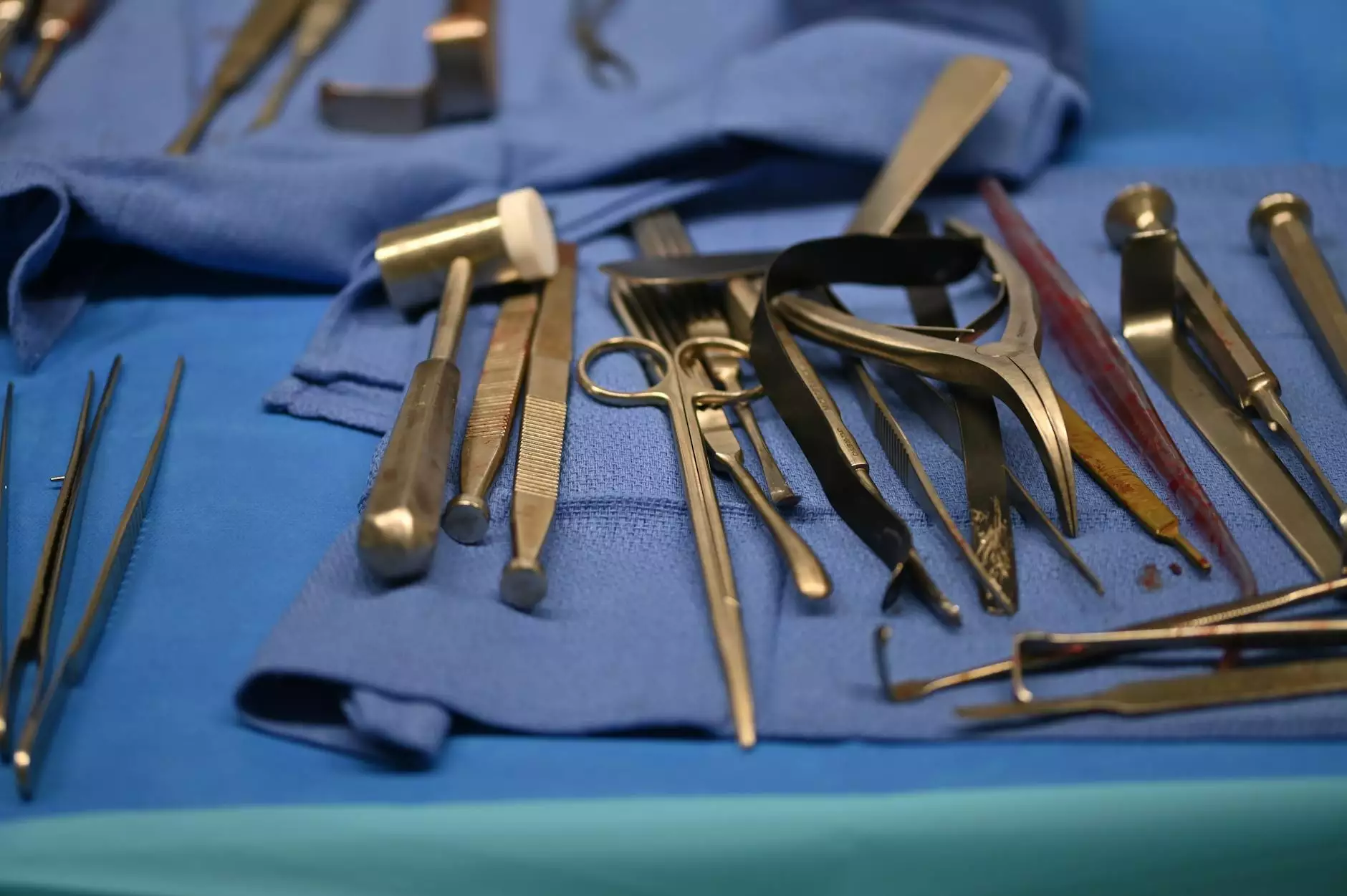The Comprehensive Guide to Gastric Bypass Surgery

In recent years, the awareness and acceptance of weight loss surgeries, particularly gastric bypass surgery, have surged. For individuals struggling with obesity, this surgical procedure often represents a life-changing opportunity. In this in-depth guide, we aim to provide a detailed look at what gastric bypass surgery involves, its advantages, potential risks, and the journey to recovery.
What is Gastric Bypass Surgery?
Gastric bypass surgery, or Roux-en-Y gastric bypass, is a bariatric procedure designed to help individuals lose weight. The surgery works by altering the digestive system: it creates a small pouch from the stomach and connects it directly to the small intestine, bypassing a significant portion of the stomach and upper part of the small intestine.
How Does It Work?
The surgical technique effectively limits the amount of food the stomach can hold, leading to reduced calorie intake. Here are two main components of how gastric bypass surgery functions:
- Restriction: The stomach is divided into a small upper pouch and a much larger lower pouch. The upper pouch only holds about an ounce of food, significantly limiting calorie intake.
- Malabsorption: Because a part of the small intestine is bypassed, fewer calories and nutrients are absorbed into the body.
Who is a Candidate for Gastric Bypass Surgery?
Typically, candidates for gastric bypass surgery include those with:
- A body mass index (BMI) of 40 or above, or 35 and above with obesity-related health conditions such as type 2 diabetes, hypertension, or sleep apnea.
- A history of unsuccessful weight loss attempts through diet and exercise.
- Commitment to making lifelong changes to their eating habits and lifestyle.
The Benefits of Gastric Bypass Surgery
Undergoing gastric bypass surgery can provide numerous benefits, including:
Significant Weight Loss
Many patients experience dramatic weight loss in the months following the procedure. Studies show that patients can expect to lose approximately 60-80% of their excess weight within 12 to 18 months post-surgery.
Improvement or Resolution of Obesity-Related Conditions
Many individuals who suffer from conditions like type 2 diabetes, high blood pressure, and sleep apnea see significant improvements or even full remission following surgery.
Enhanced Quality of Life
Patients frequently report substantial improvements in their overall quality of life, including better mobility, increased energy levels, and improved self-esteem.
Understanding the Risks and Considerations
While gastric bypass surgery offers many advantages, it is essential to consider the potential risks, which include:
- Short-term complications such as infections, blood clots, and gastrointestinal leaks.
- Long-term risks including nutritional deficiencies, dumping syndrome, and possible weight regain.
Post-Operative Care
After surgery, patients must adhere to specific dietary recommendations to ensure a successful recovery journey. This typically includes:
- Clear Liquid Diet: Initially, patients consume clear liquids only.
- Pureed Foods: As healing progresses, patients transition to pureed foods.
- Solid Foods: Gradual reintroduction of solid foods occurs as tolerance improves.
Preparing for Gastric Bypass Surgery
Preparation for gastric bypass surgery includes several steps:
Consultation with a Specialist
Before surgery, candidates meet with a bariatric surgeon to discuss their medical history, weight loss goals, and post-operative expectations. This assessment ensures that they are suitable candidates for the procedure.
Pre-Operative Assessments
Patients may undergo various assessments, including blood tests, psychological evaluations, and nutritional education, to prepare for the surgery.
The Surgical Procedure
On the day of the surgery, the patient is given anesthesia, and the procedure typically takes 2-4 hours. Afterward, patients often stay in the hospital for 1-3 days for monitoring and recovery.
Post-Operative Lifestyle Changes
Following gastric bypass surgery, patients must commit to significant lifestyle changes:
Dietary Changes
Post-operative diets focus on nutrient-dense, low-calorie foods. Patients need to practice mindful eating habits and work with a dietitian to ensure they're meeting their nutritional needs.
Regular Physical Activity
Incorporating physical activity into daily routines is crucial for long-term weight maintenance. Patients often begin with low-impact exercises and gradually increase intensity.
Continuous Medical Follow-Up
Regular follow-ups with healthcare providers are essential to monitor weight loss progress, nutritional status, and psychological well-being.
The Impact of Gastric Bypass Surgery on Mental Health
Beyond physical transformations, gastric bypass surgery can have profound effects on mental health. Many patients experience improved mood and decreased symptoms of depression and anxiety following surgery.
However, it's important to remember that mental health support may still be necessary. Many individuals benefit from counseling or support groups as they navigate their weight loss journey.
Success Stories: Transforming Lives with Gastric Bypass Surgery
Numerous individuals have shared their success stories after undergoing gastric bypass surgery. These narratives often highlight not only significant weight loss but also restored health and vitality. Patients frequently report feeling more socially engaged and empowered in their lives.
Conclusion
In conclusion, gastric bypass surgery offers a viable solution for many individuals struggling with obesity. With the right support and commitment to lifestyle changes, this surgical option can lead to significant health improvements and transform lives. By understanding the intricacies of the procedure, potential candidates can make informed decisions and embark on a journey toward a healthier and more fulfilling life.









